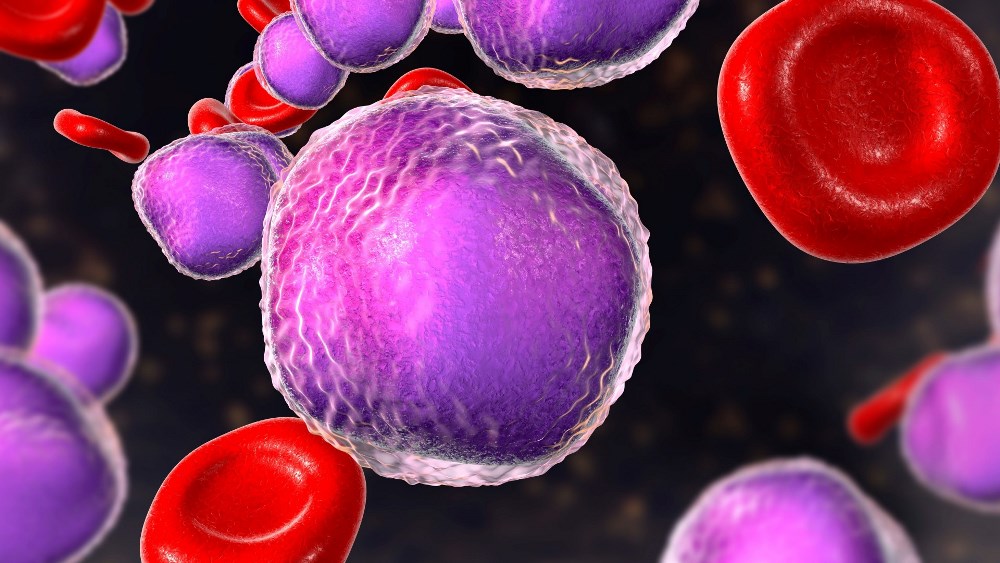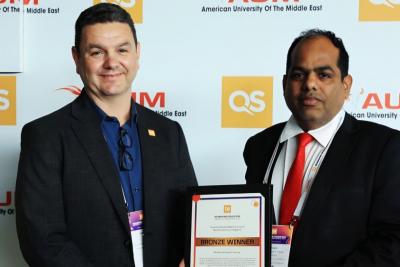Các nhà nghiên cứu của NUS phát hiện ra vai trò mới của ung thư
Blood cancers are the fifth most common type of cancer globally, with around 1.3 billion new cases of blood cancer diagnosed in 2020 alone. Acute myeloid leukemia (AML), which is a cancer of the blood and bone marrow, is the most common type of acute leukaemia in adults. Core binding factor-acute myeloid leukaemia (CBF-AML) is a type of blood cancer and accounts for up to 20 percent of all cases of AML.

In a recently published study, researchers from the Cancer Science Institute of Singapore (CSI Singapore) at NUS demonstrated for the first time the mechanism that causes the suppression of the RNA editing enzyme known as adenosine deaminases acting on RNA (ADAR2). The NUS researchers also show how understanding this mechanism can explain the development of CBF-AML.
The study was co-led by Professor Daniel G. Tenen and Associate Professor Polly Chen Leilei, and the results were published in the prestigious journal Blood on 16 February 2023.
See more here





















